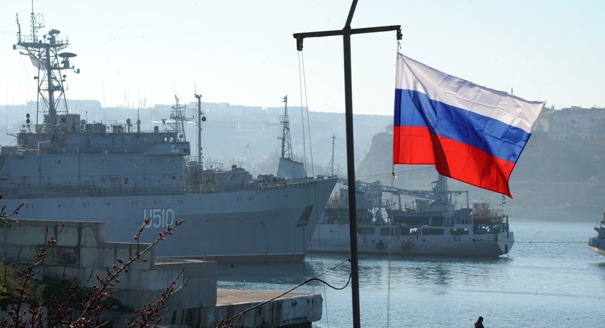Last week, the Russian security chiefs were put on the European Union's sanctions list. The foreign ministry in Moscow reacted angrily. Anti-terrorist cooperation between Russia and the West is now a thing of the past. The sanctions will not stop there, however. This week, the EU is likely to finally begin imposing Tier Three sanctions, capable of doing considerable damage to the Russian economy. The United States, which had long been leaning on the EU to adopt a tougher approach toward Russia, should feel relieved that it has avoided transatlantic divisions on an issue of principle.
The chances for accommodation between Russia and the United States now seem more remote than ever since February 22. Secretary John Kerry and Minister Sergey Lavrov may talk the talk, but they will not walk the walk. Europe will not be able, or willing, to play a mediating role. The Kremlin sees the U.S. goal as being not so much stopping the Russian support for the Donbass rebels, or even getting Moscow to withdraw from Crimea, but as the toppling of the Putin regime by means of economic pain and popular discontent wrought by the sanctions. Even if no pro-Western leader replaces a Putin in the Kremlin as a result, the narrative goes, Russia will succumb to another period of turmoil, making it to focus on itself, rather than creating problems for Washington.
That said, expecting Putin to back off, or for his close friends to persuade him to change tack, or else for the "oligarchs" to pressure the Kremlin into beating a retreat betrays a lack of understanding of the gravity of the situation. It is no longer the struggle for Ukraine, but a battle for Russia. If Vladimir Putin manages to keep the Russian people on his side, he will win it. If not, another geopolitical catastrophe might follow.





